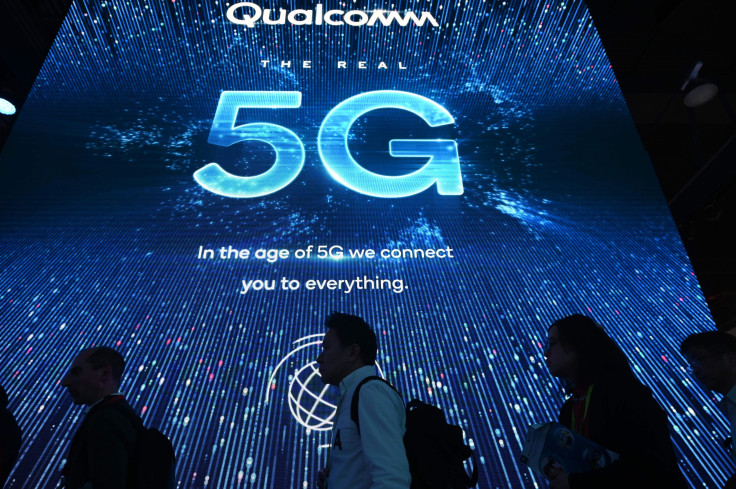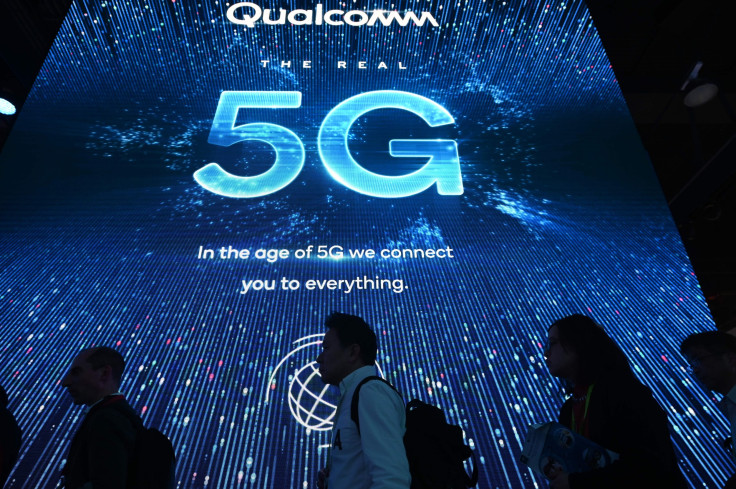US To Ban Certain iPhones From Entering Country After Qualcomm Ruling

Apple Inc. now finds the importation of some of its iPhones from China in the hands of president Donald Trump after a judge at the United States International Trade Commission (USITC) ruled Apple violated a Qualcomm Inc. patent, and said she would recommend banning imports of some iPhones.
In her ruling Monday, USITC administrative law specialist MaryJoan McNamara said she will recommend a "limited exclusion order together with a cease and desist order" against Apple. It was not revealed which iPhone models are covered by the USITC ban.
McNamara said she based her ban on a finding that Apple infringed on a Qualcomm patent relating to smartphone technology. On the other hand, she did rule Apple didn’t infringe two other Qualcomm patents at issue in the case.
“We appreciate Judge McNamara’s recognition of Apple’s infringement of our hardware patent and that she will be recommending an import ban and cease and desist order,” said Don Rosenberg, Qualcomm General Counsel.
McNamara initial determination, however, isn’t binding and will be reviewed by the agency. USITC rules do not require Apple to post a bond while the order is under review by Trump because iPhones don't directly compete against any Qualcomm products, according to the ruling. Qualcomm is the second largest U.S. chipmaker after Intel, Inc.
USITC is an independent, bipartisan, quasi-judicial federal government agency empowered to hear disputes over patented technology. It also determines the impact of imports on U.S. industries and directs actions against unfair trade practices.
USITC can’t award monetary damages like federal courts, but can block sales of imported products if it determines they infringe on U.S. patents. A USITC import ban has the effect of halting U.S. sales of a product made overseas.
All of Apple’s iPhones are made overseas, either in China or the Republic of China (Taiwan), hence the significant effect of any USITC ruling against it.
Qualcomm and Apple continue tearing into each other in a long-running legal battle over patents and royalties fought in courts and administrative bodies around the world. Apple basically accuses Qualcomm of charging for invalid patents and claims the chipmaker charges a disproportionate amount for a single component.

As part of these relentless patent battles is another case before USITC where Qualcomm seeks a U.S. ban on sales of some iPhones with Intel chips. USITC is expected to issue a final decision on this issue on Tuesday.
Both cases have major similarities and are based on different Qualcomm patents. In both of them, Qualcomm is seeking an iPhone sales ban.
© Copyright IBTimes 2025. All rights reserved.





















